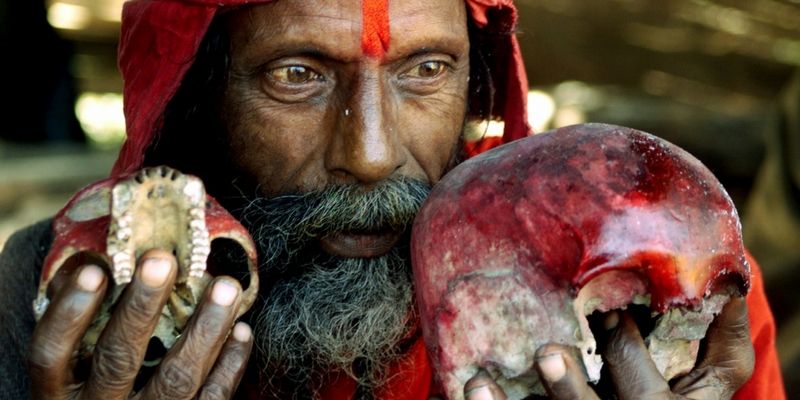10 evil practices Karnataka's anti-superstition bill will abolish for good
The Karnataka legislature passed an anti-superstition bill known as the Karnataka Prevention and Eradication of Inhuman Evil Practices and Black Magic Bill 2017, on November 16, 2017.

The bill has been designed on the lines of the Prevention and Eradication of Human Sacrifice and other Inhuman, Evil and Aghori Practices and Black Magic Act, 2013 introduced by the government of Maharashtra. However, unlike the Maharashtra bill, 23 superstitions have been specified under the Karnataka bill.
Experts at Bengaluru’s National Law School University India prepared the initial draft of the bill. This bill was then handed over to a government committee which gave shape to the current bill’s first form.
In 2016, the anti-superstition bill was placed before the Karnataka Assembly. Due to strong opposition, the bill was not passed. A modified version of the bill was proposed again in 2017, and was passed by the assembly.
According to the bill, all religious practices that negatively impact the well-being and dignity of the individuals will be against the law.
Many superstitions like human sacrifice, dragging chariots with chains attached to the body, or ousting of family members citing evil possession as the reason, are still being practised. So the anti-superstition law comes as a boon.
Here are 10 evil practices which will be abolished for good with the Karnataka’s anti-superstition law:
1. Evils against backward castes
Made Snana, a temple ritual in which people roll over plantain leaves with leftovers of food eaten by Brahmins or urulu seve, where devotees roll around the place of worship were abolished as it hurts an individual’s dignity.

2. Menstrual taboo
The practice involves segregation of women during their menstrual cycle as they are considered to be unclean or impure. Alienation of pregnant women in society has also been abolished with this law.

3. Medicinal superstitions
It is now banned to seek treatment through black magic when bitten by a scorpion, snake or dog. They should seek medical treatment instead. Also, now people cannot claim to perform surgery using fingers or change the sex of foetus in a woman’s womb.
4. Parading naked women
Women cannot be forced to parade around naked in the name of goddess worship. This inhuman and humiliating practice against women is called ‘bettale seve’.
5. Self-inflicted injury
The practices that involve self-inflicted injuries, like hook-swinging are now outlawed. Hook-swinging involves a volunteer being pierced with hooks and then being suspended from a height.

6. Evils against children
The practice of throwing children off from heights or branding them with heated objects, in the name of curing them, is now banned.
7. Evils in the name of expelling ghosts
People can no longer be subjected to practices like making a person drink footwear-soaked water or assaulting them once tied with chains or ropes, in the name of ousting ghosts.
8. Exploiting one’s fear of ghosts
One cannot create panic in people’s minds by claiming and creating the illusion of summoning a ghost or an evil spirit.

9. Walking on fire
People cannot be coerced to walk on fire and harm themselves during the time of religious festivals, also known as jatras.

10. Animal sacrifice
The practice of sacrificing animals or causing them harm in the name of ritual or tradition, has also been banned.







